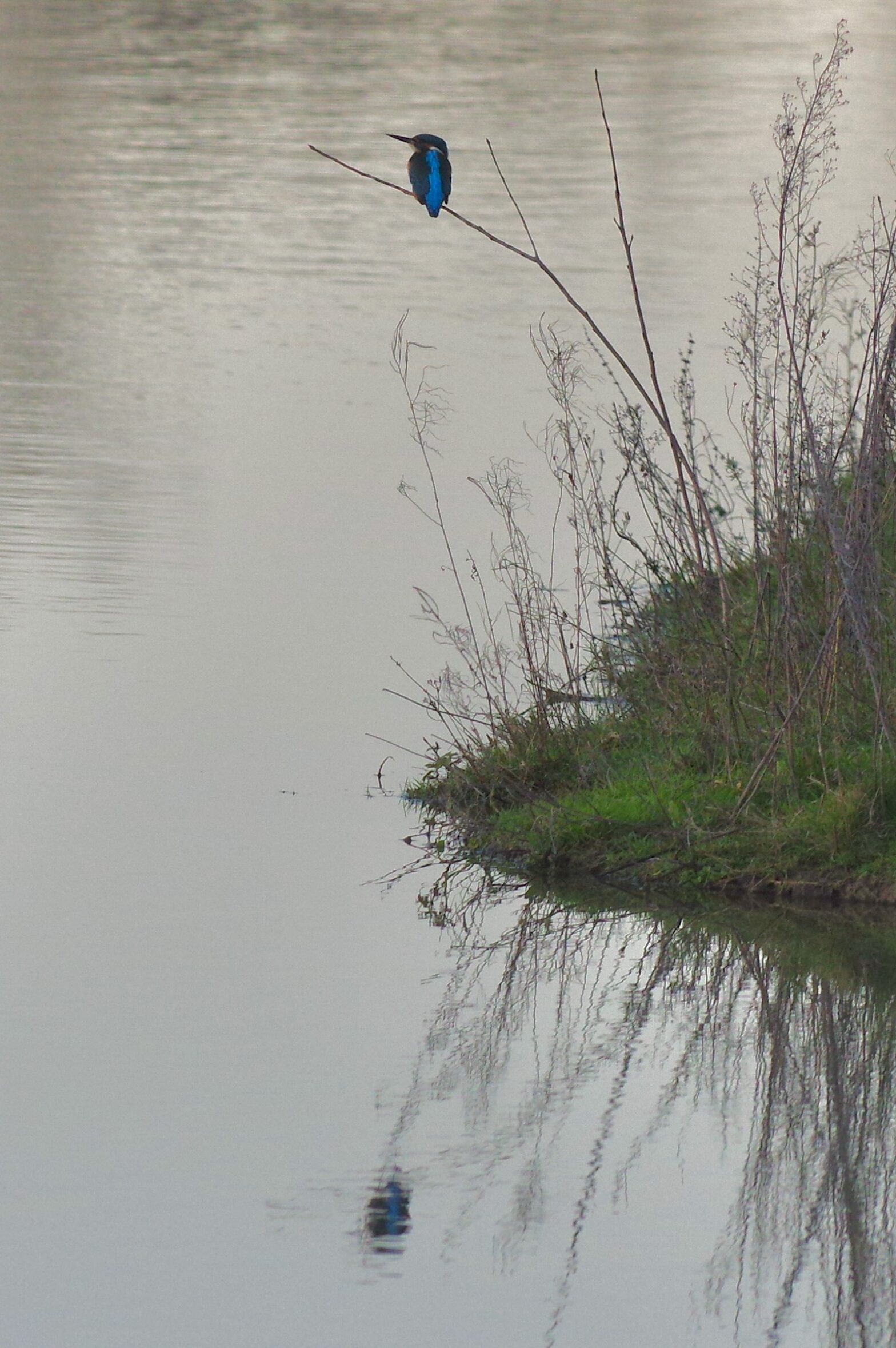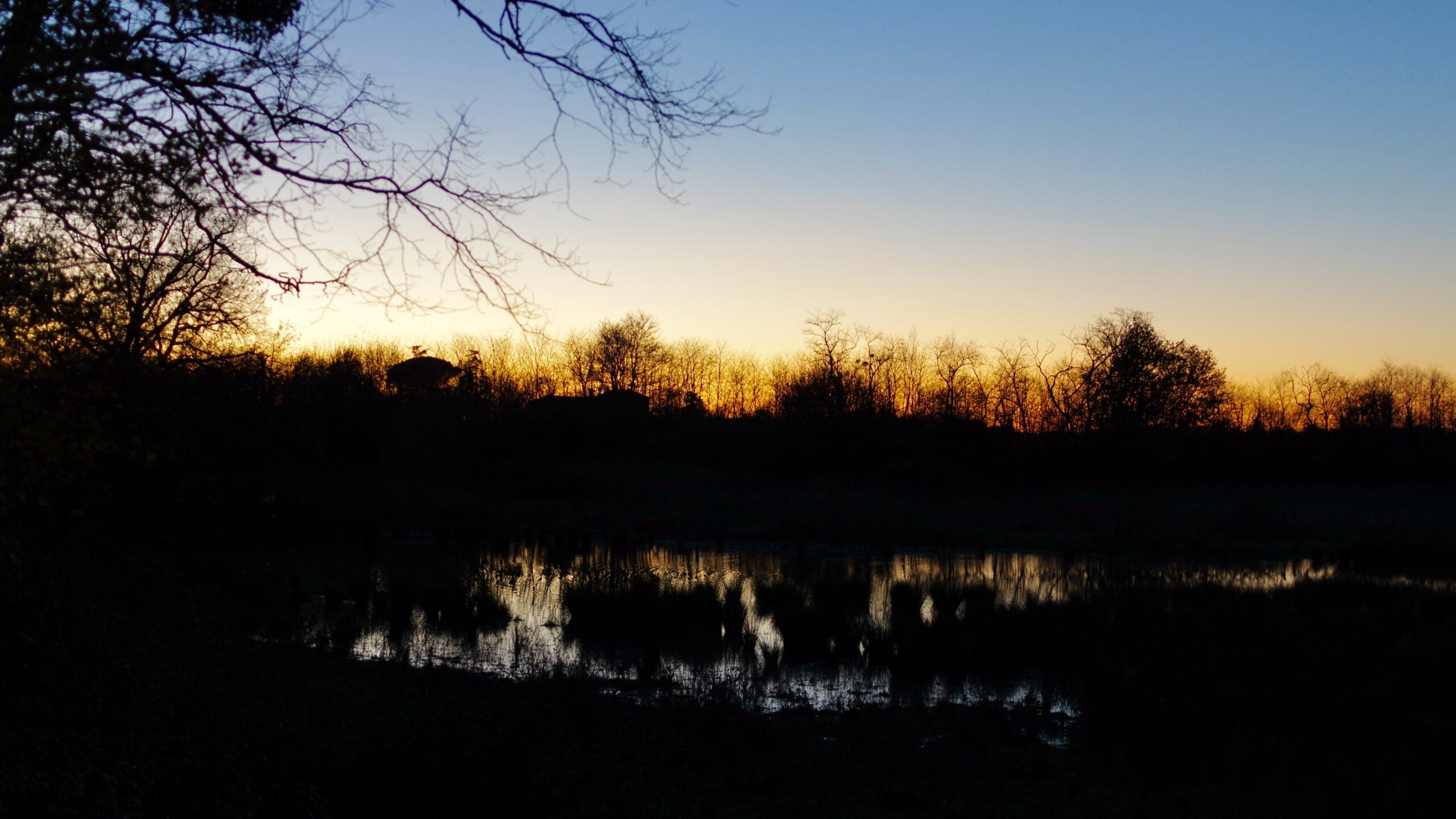With 2024 fading out, yesterday I thought I would make a hard-review of how I’ve spent my time and what I have achieved (or not) since March 2023, when I started this research transition. The exercice offers instructive insights into the challenges of attempting a major reorientation like this in the middle of an active academic career…
As a brief reminder, here’s the current state of the building site: I’m still active in astrophysics, have a PhD student in that field, and I am still the head/representative of a galaxies, high-energy astrophysics, and cosmology group of 30 permanent researchers at IRAP in Toulouse; meanwhile, I’m trying to phase out of astro and get into community ecology and marine/ocean ecology; overall it has been 21 months since I sent my first email to ecology colleagues to initiate this transition. But, as the meme goes, yesterday it truly felt like 84 years, because while I feel I have worked a lot during that time, it is also clear I haven’t achieved much in terms of concrete results, and this started to make me uncomfortable.
Why is everything so slow ? Am I doing something wrong ? Am I too old for this kind of academic gymnastics ? After two years of PhD, many grad students do have some results, so how come I haven’t achieved anything concrete so far ? To get to the bottom of these questions, and to the roots of the frustration, there’s nothing like a good analysis of worklogs and how these 21 months were actually spent. Fortunately, since I have been trying to run a more disciplined professional operation over the last few years, I have the tickets and worklogs for that. And what I found doing this exercise, while not plainly reassuring, at least sheds some light on the dynamics.
So, here’s a rough breakdown of how I spent my time over that period (I could break this down further, but this is informative enough).
| Astro (research/dev, biblio, writing, conferences) | Ecology (research/dev) | Ecology (biblio, discussions, workshops, visits) | Admin & funding proposals | |
| 2023 (8 active months) | 30-35% (2.5 months) | 10 % (1 month) | 25% (2 months) | 30-35% (2.5 months, more than half spent on funding proposals) |
| 2024 (11 active months) | 30-35% (4 months) | 25% (2.5 months) | 25% (2.5 months) | 15-20% (2 months, a bit of time on proposals) |
First, the elephant in the room. Among 19 months at work out of these 21, I actually spent less than 4 months doing actual ecology research (by that, I mean model development, calculations, analyses etc.). That’s it, only 3.5 months/ 19=18% of my work time over this period. On top of that, there’s 5/19=24% reading stuff (textbooks, reviews, articles etc.) and visiting and talking to colleagues to get acquainted with the field. Then, there’s the always too large, yet irreducible 3/19=16% share of regular group and research admin, and 6.5/19=34% doing my good-old astro research job, which notably resulted in publishing 5 papers with other people, including two as first author. And, finally, almost 1.5/19=8% was spent writing ecology proposals (4 of them!) to obtain funding to get started. Also, erode all these times by a good 10% corresponding to soul-searching moments and periods of procrastination. What is the lesson of that ? With less than four months of actual “operational research action”, there is no need to look any further for the reasons of my frustration and for the lack of concrete results! It is actually the opposite that would be highly surprising.

So, grouping eco research+biblio=8 months, and comparing to a standard PhD student, the analysis shows that I am currently not even at the stage of finishing my first year. Besides, the context is very different from a regular PhD: I do not have a supervisor; I had no pre-existing tools to do anything; I had no clear research subject(s) when I started. I had to find the latter myself, and I am on my own to explore several (at least 3 :oceanography/marine ecology, theoretical community/network ecology at large, ecoevo & genetics) continents of ~fifty years of disparate academic bibliography (with many good tips from colleagues, granted, but still). That’s what 5 months of heavy bibliography work bought me, as I am now zooming in on 3 specific directions of research. Then I had to develop some tools/techniques. That’s what the 3-4 months of actual research/dev essentially got me — and I am fortunate in that respect that I could team up with a good astro colleague to import some powerful numerical tech from astrophysics quickly to do that, otherwise I would be in a far worse situation as I write. Finally, the research proposals: almost 2 full months of work time, very early in the project, rushing thoughts and biblio because of funding opportunities that unexpectedly popped up. I half-regret doing some of this, but I can’t say it served me bad either, as I got 1/4 of the proposals funded. As a result I have a bit money for two years to kickstart a theoretical/numerical modelling operation at the SETE in Moulis and am now co-supervising a PhD student.
Last month, I visited some ecology and oceanography colleagues in Paris and gave a few semi-informal talks to explain what I was trying to do and where I was at, yet without any firm result to show except some good numerical developments and a few preliminary movies and plots. I got many positive and encouraging comments of the kind “You’ve come really far in such a short period”, “what you are doing could be super useful for this/that”. At the time I was like “yeah maybe, although it doesn’t really feel so”. In retrospect, after doing this analysis, they are probably right, especially considering that in the mean time I also had my largest research production of the last few years in astro, and ran a group. From nothing to several relatively clear-cut research projects and the beginning of a research vision in ecology, supervising a new PhD student, having developed numerics with a lot of potential, all of this in less than 1 actual year of cumulated work and less than 4 months getting my hands properly dirty. So, maybe it’s going fine after all. Actually, scratch that. This whole work period was more productive, and had way more purpose for me than the previous period before I started this transition. So, Mas Que Nada.
What’s next ? While I will be prioritizing ecology research developments in the next few months, I still won’t be able to commit more than 50-60% of my time to ecology until September 2025 (essentially what I have spent since September 2024 which, compared to the average 18+24%, shows the transition has actually been accelerating over the past months). I also feel the reading marathon is getting close to an end, and that can only mean more time for action. And then, starting from fall 2025, once I’m free from group duties and my astro PhD student has graduated, let’s hope the sky is the limit.
The overall lessons of all this exercise are clear:
- it is really challenging to attempt such a big change in the middle of an already established active career in a different field, all the more when you are simultaneously busy with senior responsabilities.
- If you are attempting this, you shouldn’t expect quick results unless you can allocate a big share of your time to it (which I couldn’t and didn’t really want for a variety of reasons, including keeping a safety net in astro).
- Spreading oneself too thin is a real risk one should be well aware of when starting something like this. While apparent absence of progress doesn’t mean true absence of progress, it hurts the morale to feel everything is taking ages and not to have any nice results to show after several years (now almost two in my case). This can really take you off-track, and make you feel like you are failing, possibly leading to giving up.
- Keeping a detailed log of how you spend your work time is illuminating: it can help to put frustrations in perspective, course-correct by setting priorities or reallocating time, and shed some more positive light on how the whole longer-term plan is going, keeping it alive.


Leave a Reply